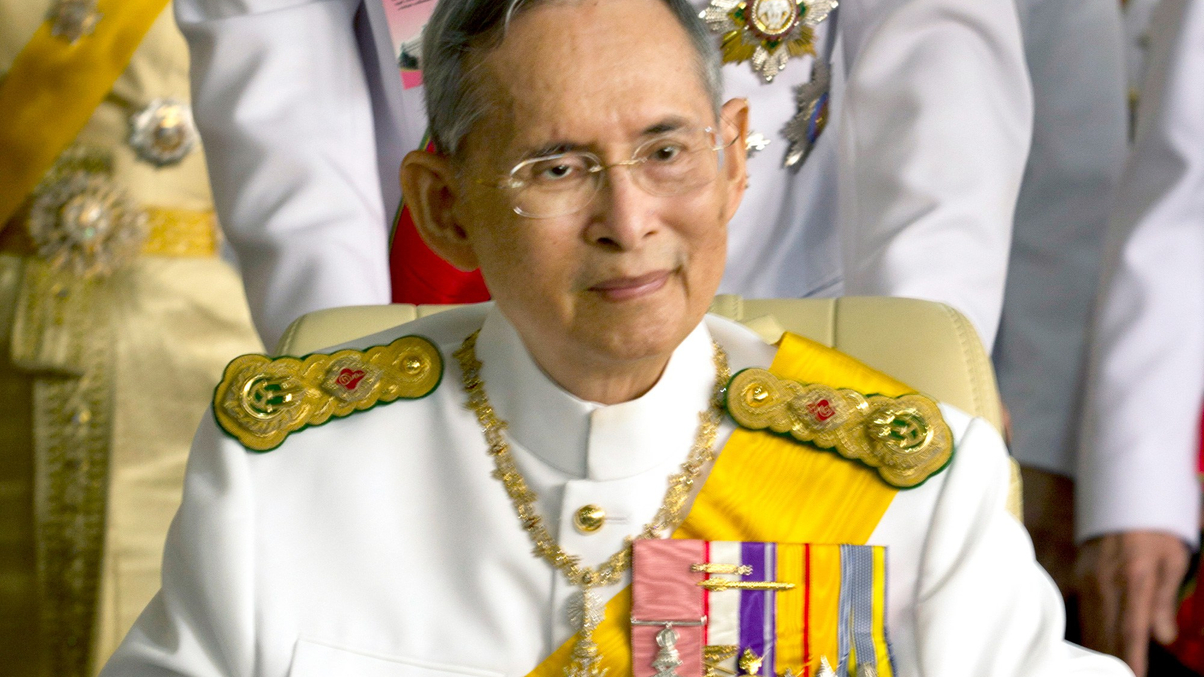Thai king's death: views differ over impact on investors
While local managers played down the risks of uncertainty, foreign observers suggest a period of underperformance would not be surprising.

Thailand's fund management industry players claimed the passing of revered King Bhumibol Adulyadej would have no lasting negative implications for end-investor returns or market performance, but it was not an opinion shared by all international onlookers.
Sign in to read on!
Registered users get 2 free articles in 30 days.
Subscribers have full unlimited access to AsianInvestor
Not signed up? New users get 2 free articles per month, plus a 7-day unlimited free trial.
¬ Haymarket Media Limited. All rights reserved.


